

Articles
How To Store Whole Lemons
Modified: February 22, 2024
Discover the best ways to store whole lemons and keep them fresh for longer. Read our informative articles for expert tips and tricks.
(Many of the links in this article redirect to a specific reviewed product. Your purchase of these products through affiliate links helps to generate commission for Storables.com, at no extra cost. Learn more)
Introduction
Welcome to this comprehensive guide on how to store whole lemons. Whether you have a surplus of lemons from your garden or simply want to keep them fresh for longer, knowing the right methods for storing whole lemons can help you prolong their shelf life and maintain their flavor and juiciness.
Lemons are a versatile fruit that adds a burst of tangy freshness to both sweet and savory dishes. They are rich in vitamin C and have countless culinary uses, making them a staple in many kitchens. However, if not stored properly, lemons can quickly lose their juiciness and become shriveled and less flavorful.
In this article, we will guide you through various methods of storing whole lemons, including room temperature storage, refrigerator storage, and freezing. We will also provide tips on selecting the right lemons and using them once they are properly stored.
So, whether you’re a cooking enthusiast who wants to have lemons on hand at all times or a lemon lover looking to make the most of a surplus, keep reading to discover the best ways to store whole lemons and ensure their freshness for an extended period.
Key Takeaways:
- Extend the life of your lemons and save money by storing them properly. Whether at room temperature, in the fridge, or frozen, maximize their freshness and flavor for all your culinary needs.
- Choose firm, smooth-skinned, and vibrant lemons for storage. From extracting juice to preserving in syrups, make the most of stored lemons in your recipes and elevate your dishes with their tangy goodness.
Read more: How To Store Whole Carrots
Why Store Whole Lemons
Storing whole lemons properly has several benefits that can help maximize their usage and prevent waste. Here are a few reasons why you might want to consider storing whole lemons:
- Extended Shelf Life: Properly stored lemons can stay fresh for a longer time, allowing you to enjoy their flavor and juiciness whenever you need them.
- Cost Savings: By storing lemons, you can take advantage of bulk purchases or seasonal sales and avoid the risk of them spoiling before you have a chance to use them.
- Convenience: Having lemons readily available in your kitchen means you won’t have to make last-minute trips to the grocery store when a recipe calls for them.
- Culinary Versatility: Lemons can be used in a wide range of sweet and savory dishes, from tangy dressings and marinades to refreshing beverages and desserts. Having access to stored lemons opens up a world of culinary possibilities.
Moreover, lemons are not only valued for their taste but also for their health benefits. They are rich in vitamin C, which supports immune health, and their vibrant flavor can uplift both your palate and your mood.
With these compelling reasons in mind, let’s explore the various methods you can use to store whole lemons and keep them fresh for optimal flavor and juiciness.
Choosing the Right Lemons
When it comes to storing whole lemons, selecting the right ones is crucial for their longevity and flavor. Here are some tips to keep in mind when choosing lemons for storage:
- Firmness: Look for lemons that are firm and heavy for their size. Avoid lemons that feel soft or have wrinkled skin, as they may be overripe and prone to spoilage.
- Smooth Skin: Opt for lemons with smooth, glossy skin. Rough or blemished skins may indicate damage or potential decay.
- Bright Color: Choose lemons with a vibrant yellow color, as this indicates that they are ripe and full of flavor. However, green or slightly green lemons can still be used if you plan to store them for a longer period or prefer a milder taste.
- Avoiding Mold or Blemishes: Check the lemons for any signs of mold or significant blemishes. These can quickly spread and impact the quality of the fruit, so it’s best to choose lemons with no visible mold or major imperfections.
It’s worth noting that while organic lemons are generally preferred for their lack of pesticides, conventional lemons can be stored using the same methods outlined in this article.
Now that you know how to choose lemons that are ideal for storage let’s move on to the next step: preparing lemons for storage.
Preparing Lemons for Storage
Before storing whole lemons, it’s essential to properly prepare them to ensure their longevity and freshness. Follow these steps to prepare your lemons for storage:
- Wash and Dry: Start by rinsing the lemons under cool running water to remove any dirt or debris. Gently scrub the skin with a soft brush if needed. Once washed, pat the lemons dry with a clean towel or paper towel. Drying them thoroughly helps prevent moisture buildup and potential mold growth during storage.
- Inspect and Discard: Examine each lemon closely for any signs of damage, such as bruising or rotting. Remove any lemons with noticeable blemishes or soft spots, as they can quickly spoil and affect the quality of the remaining lemons.
- Avoid Cutting: It’s best to store lemons whole, as cutting them exposes their flesh to air, which can accelerate spoilage. Reserve the cutting for when you’re ready to use the lemons.
- Consider Zesting: If you plan to use the lemon zest in recipes, consider grating the zest before storing. This allows you to preserve the zest separately, as it tends to lose its flavor more quickly than the whole fruit.
By following these simple preparation steps, you will ensure that your lemons stay fresh and flavorful throughout their storage period. Now, let’s explore the different methods for storing whole lemons.
Storing Lemons at Room Temperature
One of the simplest ways to store whole lemons is at room temperature, especially if you plan to use them within one to two weeks. Here’s how:
- Avoid Direct Sunlight: Find a cool, dry spot in your kitchen away from direct sunlight. Exposure to sunlight can cause lemons to lose moisture and quality.
- Use a Fruit Bowl: Place the lemons in a fruit bowl or basket with good airflow. Avoid stacking the lemons on top of each other, as this can lead to bruising or unwanted pressure.
- Separate Ripening: If you have both ripe and unripe lemons, you can separate them to control the ripening process. Ripe lemons tend to release ethylene gas, which can speed up the ripening of nearby fruits and vegetables.
When stored at room temperature, lemons can stay fresh for up to two weeks. However, keep an eye on them for any signs of spoilage, such as mold or excessive softening. If you notice any issues, it’s best to use or store them in a different method to prevent the spread of decay.
Now, let’s explore another method of storing whole lemons: in the refrigerator.
Store whole lemons at room temperature for up to a week, or in the refrigerator for up to a month. Keep them in a ventilated container or plastic bag to prevent them from drying out.
Read more: How To Store Whole Onions
Storing Lemons in the Refrigerator
Another effective method to prolong the shelf life of whole lemons is storing them in the refrigerator. This method is particularly useful if you want to extend the freshness of your lemons for a few weeks or even up to a month. Here’s how:
- Keep in the Produce Drawer: Store your lemons in the produce drawer of your refrigerator. The controlled temperature and humidity in this compartment help maintain the quality of the lemons.
- Wrap in Plastic Wrap: To prevent excessive moisture loss and protect the lemons from absorbing odors, individually wrap each lemon tightly in plastic wrap or place them in a sealed plastic bag. This will create a barrier and help retain their moisture.
- Label and Date: If you have several batches of lemons or different storage dates, label and date the plastic wrap or the bag for easy identification. This practice will help you prioritize the use of older lemons before fresher ones.
Stored properly in the refrigerator, whole lemons can retain their freshness for up to four weeks. However, keep in mind that refrigeration can slightly affect the texture of the lemons. They may become softer or lose some juiciness, but their flavor should remain intact.
When you’re ready to use the refrigerated lemons, allow them to sit at room temperature for a few minutes to regain their natural juiciness. Alternatively, you can warm them slightly in your hands or roll them on a countertop to loosen up the juice before cutting or squeezing.
Now, let’s explore an alternative method for storing whole lemons: freezing.
Freezing Whole Lemons
Freezing whole lemons is a great option if you have an abundance of lemons or if you want to preserve their freshness for an extended period. Freezing lemons not only allows you to store them for several months but also provides the convenience of having lemon zest or juice readily available. Here’s how to freeze whole lemons:
- Wash and Dry: Start by washing the lemons under cool running water and patting them dry with a clean towel. This step helps remove any dirt or residue on the skin.
- Wrap Individually: Individually wrap each lemon tightly in plastic wrap or place them in a resealable plastic bag. This will help protect the lemons from freezer burn and prevent them from absorbing odors.
- Label and Date: To keep track of their freshness, label each wrapped lemon with the date of freezing. This will make it easier to use the oldest lemons first when needed.
- Freeze: Place the wrapped lemons in the freezer, ensuring they are laid flat for easier storage. You can also place them in a freezer-safe container or bag, making sure to remove any excess air to prevent freezer burn.
Frozen lemons can last for several months, retaining their flavor and nutritional value. When you want to use a frozen lemon, simply remove it from the freezer, let it thaw for a few minutes, and it’s ready to use. The texture of the flesh may become slightly softer, but the juice and zest will still be flavorful and can be used in various recipes.
It’s worth mentioning that freezing lemons may change their texture, making them less suitable for use as a garnish or for fresh applications. However, they are ideal for extracting juice or zest, whether for cooking, baking, or making refreshing beverages.
Now that you have learned how to freeze whole lemons, let’s discover some ways to use stored lemons in your cooking endeavors.
Using Stored Lemons
Stored lemons, whether stored at room temperature, in the refrigerator, or frozen, can be used in a variety of ways to add bright and tangy flavors to your culinary creations. Here are some creative ways to make the most of your stored lemons:
- Extracting Juice: Squeeze the juice from stored lemons to add acidity and brightness to dressings, marinades, sauces, and beverages. The frozen lemons are especially convenient since you can juice them directly while still frozen.
- Zesting the Skin: Use a zester or fine grater to remove the zest from stored lemons. The zest adds intense citrus flavor to baked goods, salads, pasta dishes, and desserts like lemon bars or lemon-infused oils.
- Slicing for Garnish: Slice thinly stored lemons for beautiful garnishes on cocktails, seafood dishes, and desserts. The vibrant yellow color adds an appealing visual element while imparting a burst of citrusy aroma.
- Preserving in Syrup: For a unique twist, preserve whole lemon slices or quarters in a simple syrup. The sweet and tangy preserved lemons can be used in tagines, salads, or chopped up and added to grain dishes.
- Making Frozen Treats: Blend stored lemons with sugar and water to create a refreshing lemon sorbet or granita. The vibrant and tangy flavor will be a perfect summer treat.
Remember to adjust the amount of lemon juice or zest in recipes to account for any differences in taste between fresh and stored lemons. Stored lemons may have a slightly milder flavor, but they still offer a delightful citrus punch.
By utilizing stored lemons, you not only minimize waste but also enhance your culinary repertoire with their versatile and invigorating qualities. Get creative and experiment with different recipes to fully utilize the stored lemons in your kitchen.
Before we wrap up, let’s summarize what we’ve learned about storing whole lemons.
Conclusion
Storing whole lemons properly is essential for maximizing their freshness, flavor, and shelf life. Whether you have a surplus of lemons from your garden or want to take advantage of sales and bulk purchases, understanding the various methods of storing whole lemons can help you make the most of this versatile fruit.
In this comprehensive guide, we explored different ways to store whole lemons, including storing them at room temperature, in the refrigerator, and freezing them. Each method offers its own benefits and allows you to extend the shelf life of lemons according to your needs.
Remember to choose lemons that are firm, smooth-skinned, and vibrant in color when preparing them for storage. Washing, drying, and inspecting the lemons are important steps to ensure their longevity.
Storing lemons at room temperature works well for short-term storage, while refrigeration can extend their freshness for several weeks. Freezing whole lemons allows you to preserve their flavor and zest for several months, providing a convenient option for future use.
When it comes to using stored lemons, the possibilities are endless. From extracting juice and zesting the skin to slicing for garnishes and preserving in syrups, stored lemons offer a burst of tangy flavor to various recipes and culinary creations.
By employing these storage methods and utilizing stored lemons in your cooking endeavors, you can save money, reduce wastage, and elevate your dishes with the vibrant citrusy goodness of lemons.
So, whether you’re a seasoned cook or an enthusiastic food lover, make the most of your lemons by storing them properly. Enjoy the tangy and refreshing flavors they bring to your culinary creations, and let the versatility of lemons brighten up your kitchen all year round.
Frequently Asked Questions about How To Store Whole Lemons
Was this page helpful?
At Storables.com, we guarantee accurate and reliable information. Our content, validated by Expert Board Contributors, is crafted following stringent Editorial Policies. We're committed to providing you with well-researched, expert-backed insights for all your informational needs.
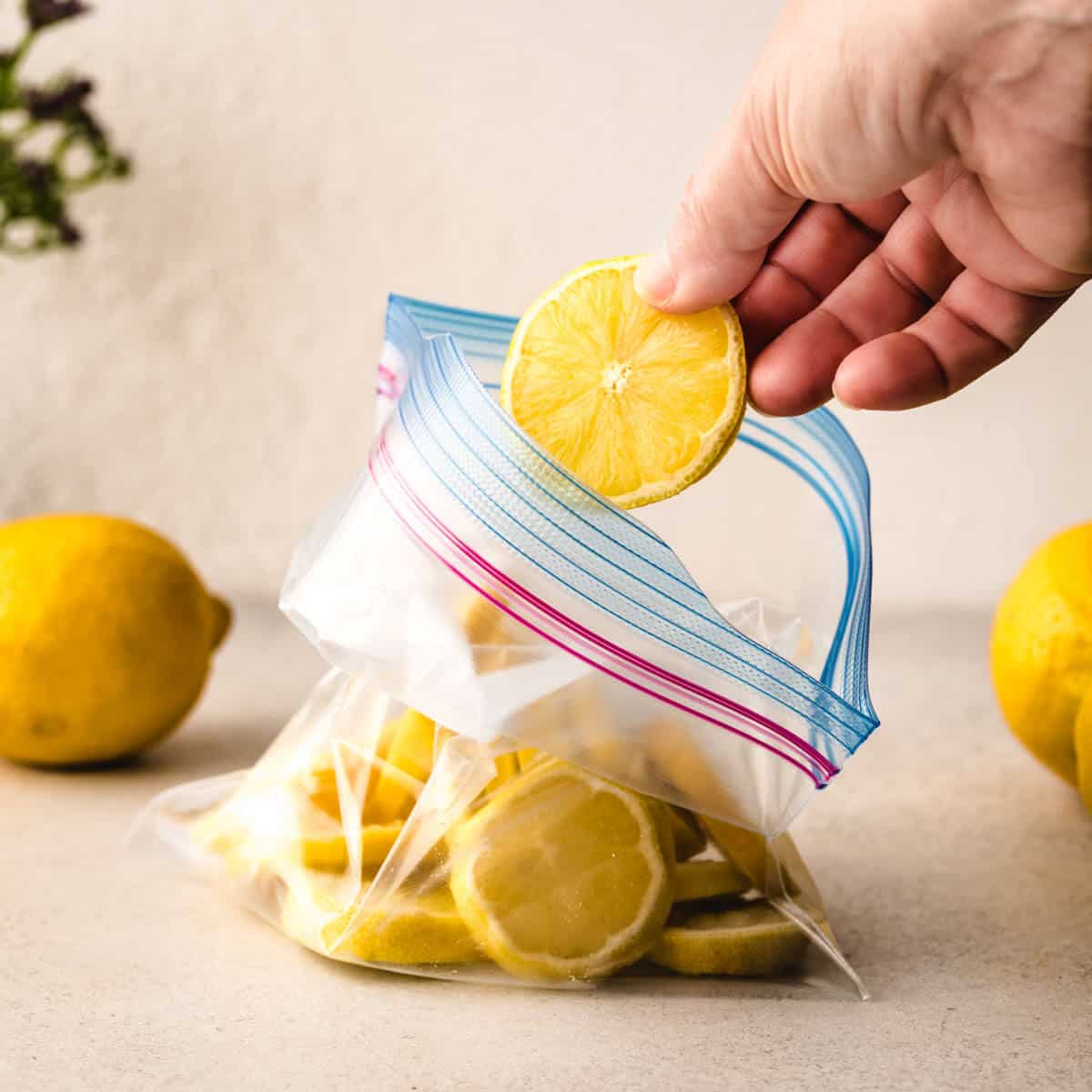

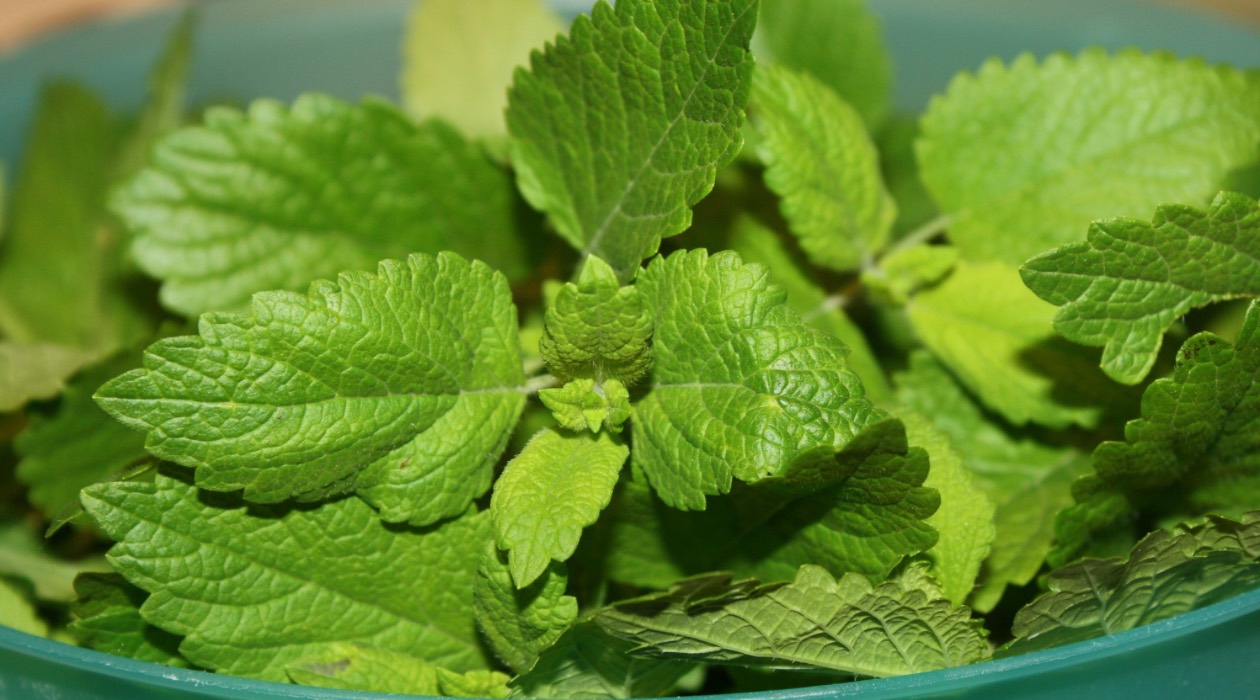

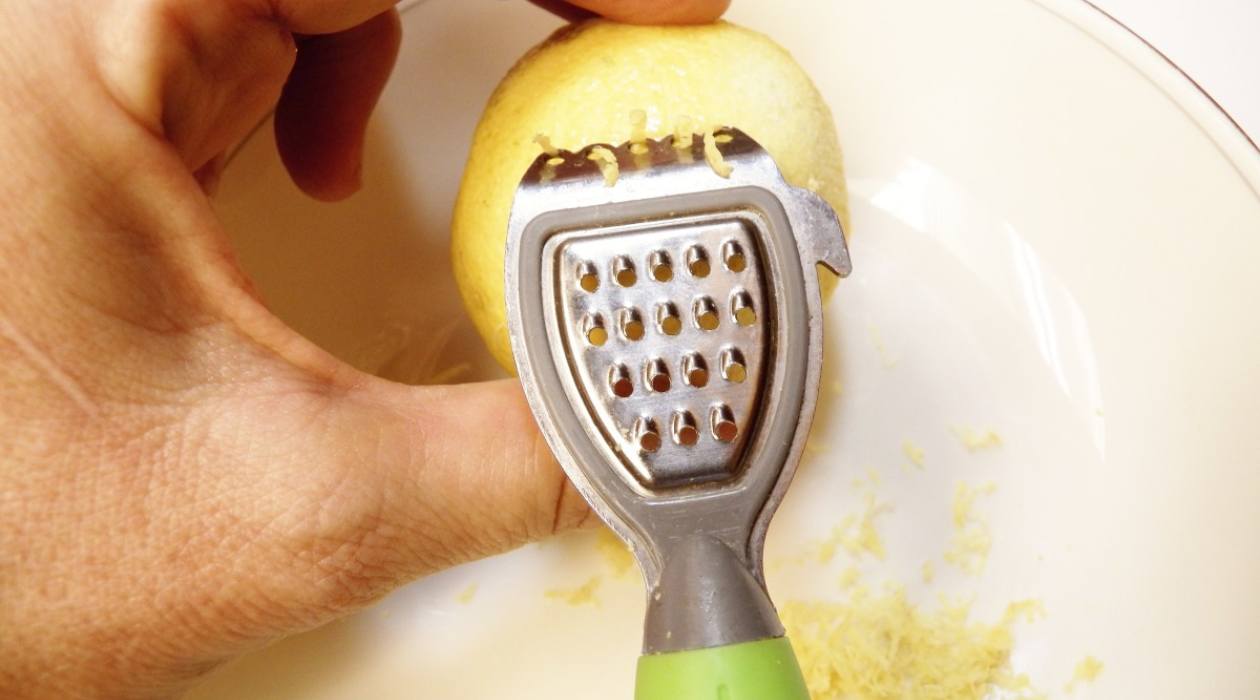
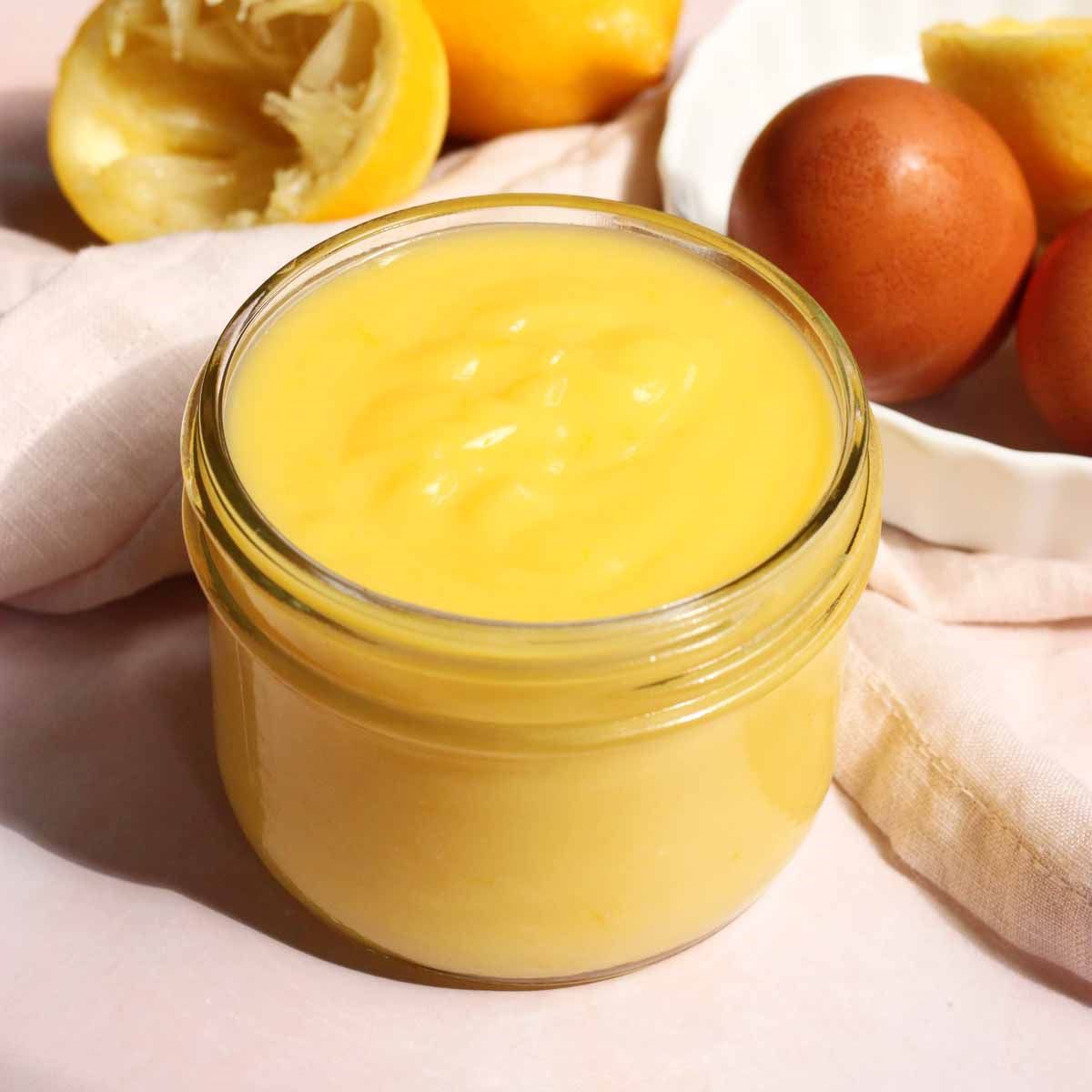

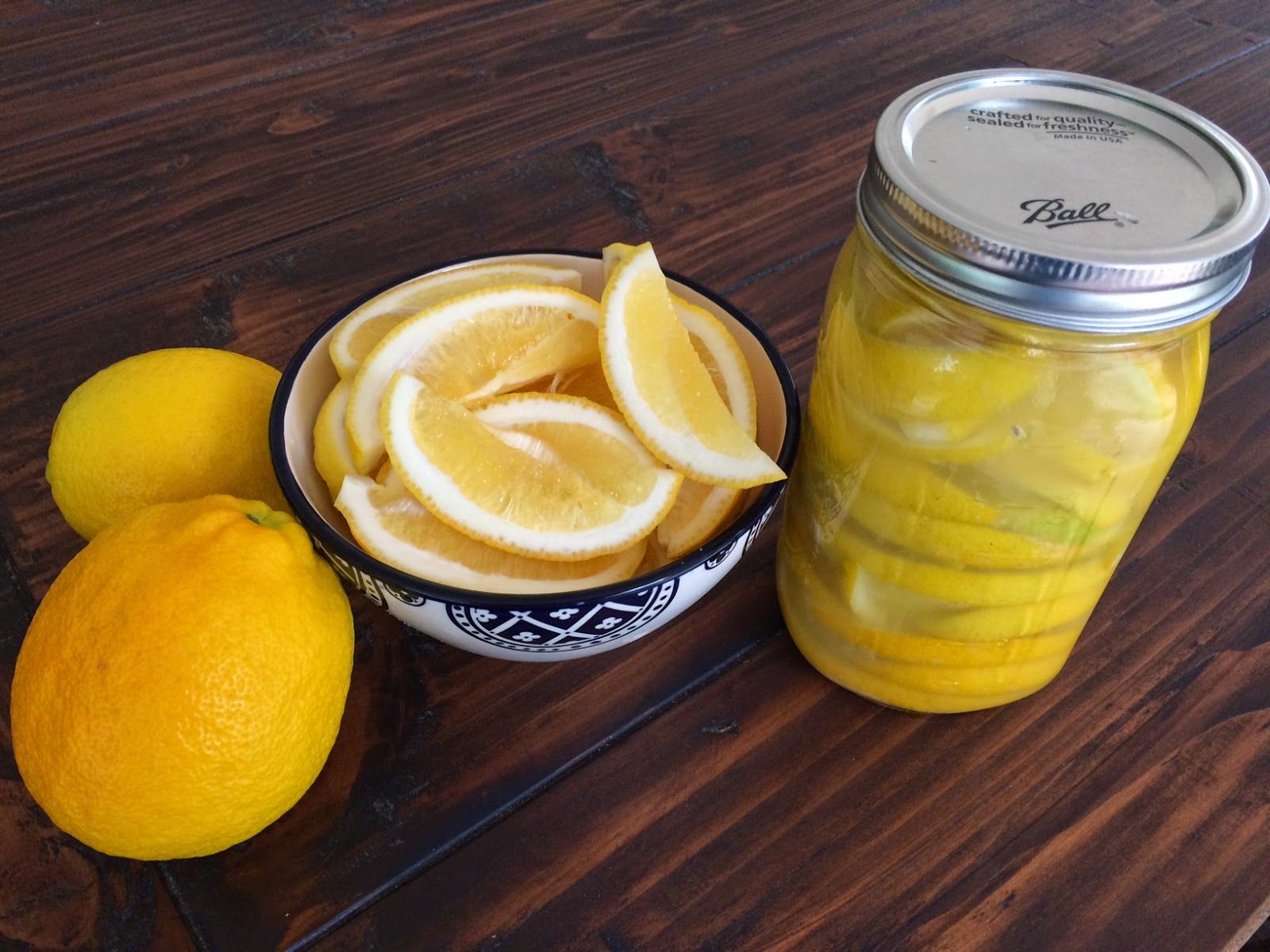
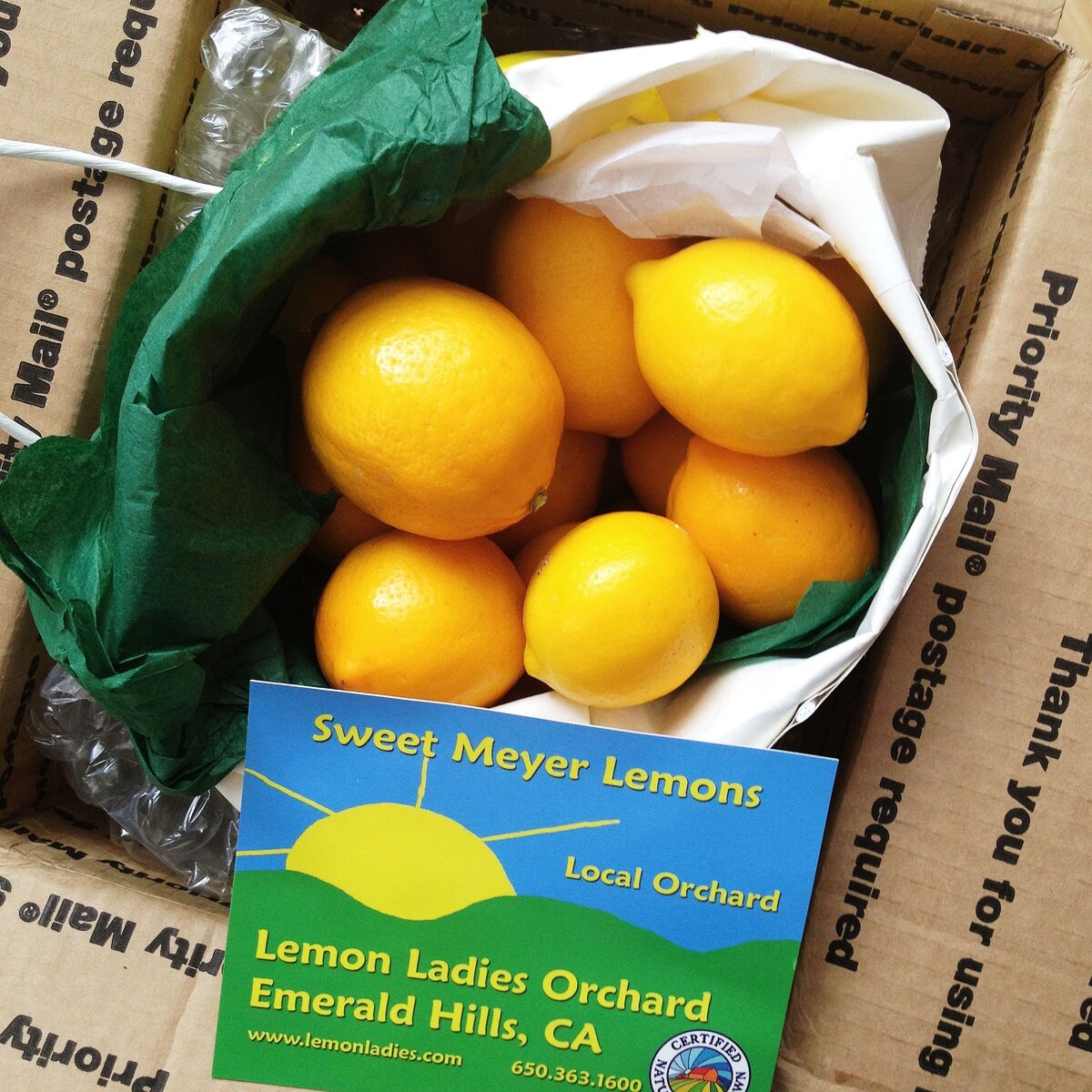

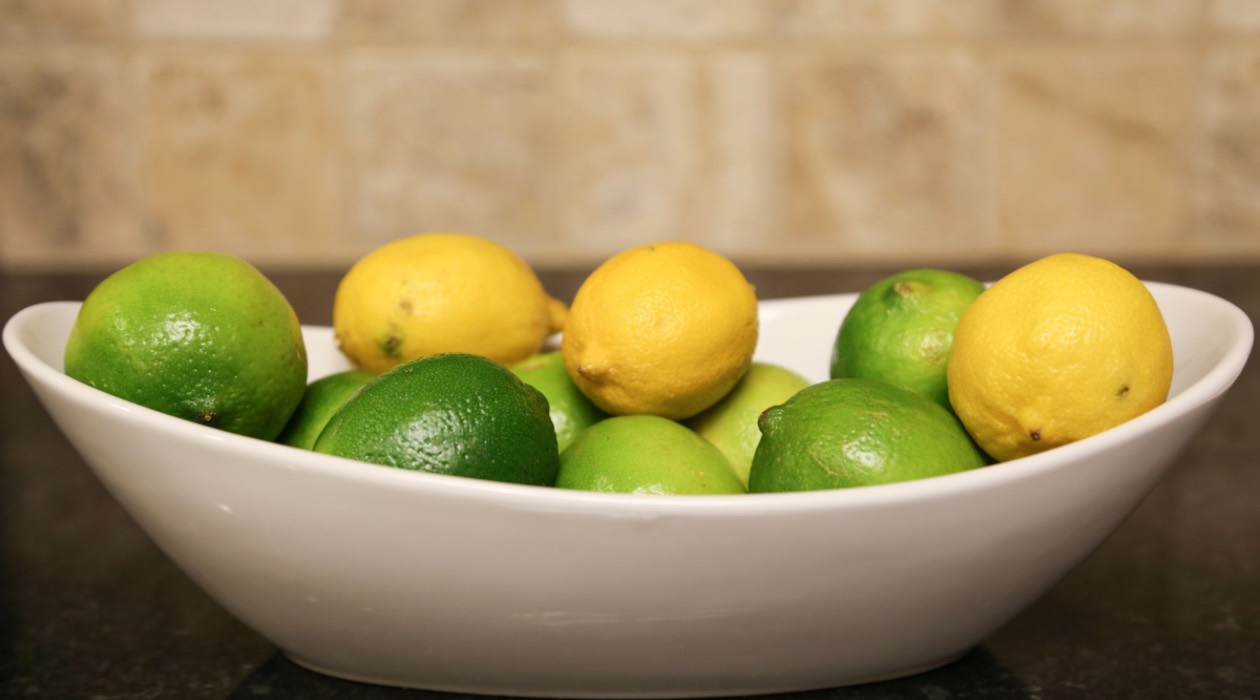
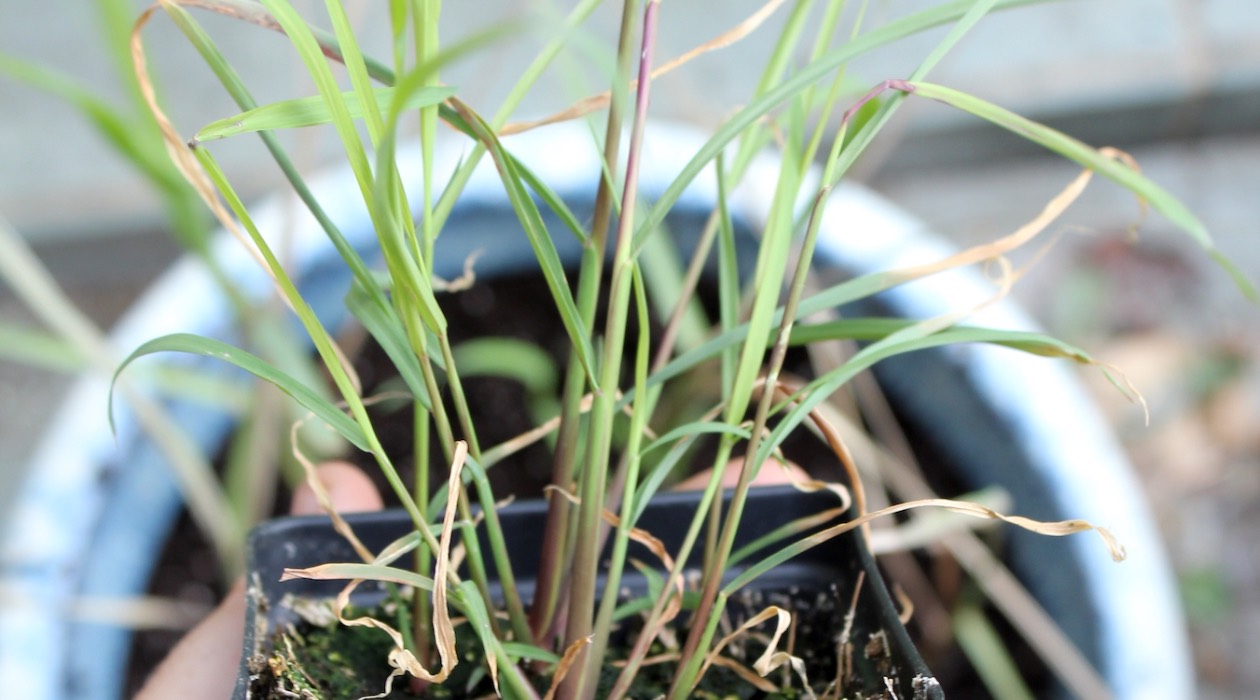



0 thoughts on “How To Store Whole Lemons”